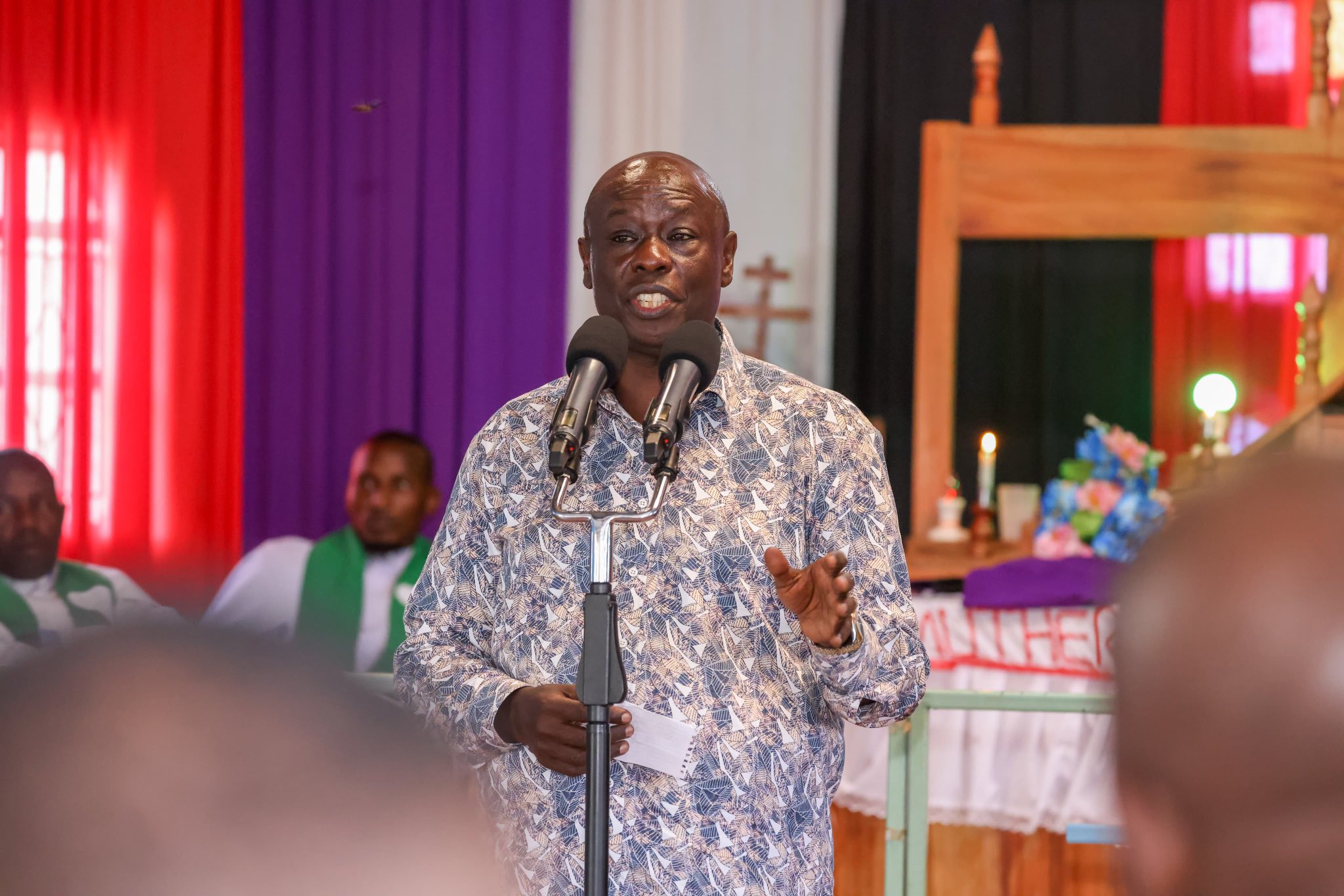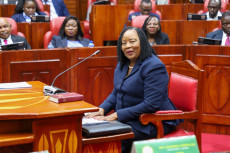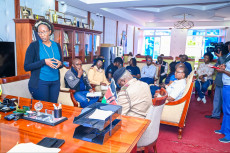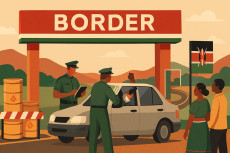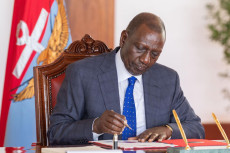- Dr. Michael Ndonye acknowledges the ongoing debate about whether Rigathi Gachagua’s political messaging is tribal but ultimately expresses support for him.
Former Deputy President Rigathi Gachagua has both humongous opportunities and challenges awaiting him as he prepares for the 2027 general election.
From accusations of tribalism to shifting politics within his political party Democracy for the Citizens Party (DCP) and his engagements on the international platform, his political career provides us with most critical observations of Kenya's politics.
A recent discussion on the Political Oracle, a segment of the TalkChat Podcast sought to explore these critical issues, seeking political analyst Dr. Michael Ndonye’s insights on whether Gachagua can rise above divisive labels, the potential impact of his allegations on president William Ruto and his realistic prospects for the 2027 general elections.
Dr. Michael Ndonye acknowledges the ongoing debate about whether Rigathi Gachagua’s political messaging is tribal but ultimately expresses support for him.
He argues that every Kenyan, including Gachagua, originates from a specific community, and before labeling someone as tribal, a harsher judgment might have been passed.
Read More
"Every other Kenyan comes from a certain tribe, from a certain place. Does that mean that you should not serve your people? No. They are also Kenyans," Dr Ndonye noted.
While Gachagua has at times shifted blame to President William Ruto, suggesting that Ruto created the tribal narrative against him, Dr. Ndonye offers another perspective.
He argues that the narrative was not invented by Ruto but rather he amplified it because the sentiment already existed.
According to Dr. Ndonye, this underlying reality allowed the narrative to flourish. Despite these challenges, he believes Gachagua still has an opportunity to redeem himself.
Dr. Ndonye reflects on Gachagua’s accusations that President Ruto has captured Parliament and the Senate through bribery, highlighting a broader concern about the state of Kenya’s institutions.
He notes that while independent institutions are enshrined in the constitution, in reality, the constitution remains just words on paper.
According to him, there is currently no true independence within these institutions, a situation that stems from the fundamental weaknesses in the country’s constitutional framework.
“The reason I’m saying that we have no independent institutions is because it goes back to the weakness of our constitution,” Dr Ndonye said.
Responding to whether Gachagua stands a realistic chance in 2027, Dr. Ndonye acknowledges that becoming president is not an easy feat, but believes Gachagua can succeed if he is willing to work exceptionally hard.
According to Dr. Ndonye, Gachagua knows President William Ruto’s weaknesses but he does not fully understand his strengths.
He emphasizes that politics is like a war; therefore, knowing only an opponent’s weaknesses is not enough. To succeed, Gachagua must also recognize Ruto’s strengths in order to effectively challenge him.
Dr. Ndonye opposes the view held by many that Gachagua’s fight is about revenge, emphasizing that Gachagua is rising, moving away from bitterness, and focusing on what truly matters: redefining himself and countering the negative narratives that once threatened his chances of becoming president.

